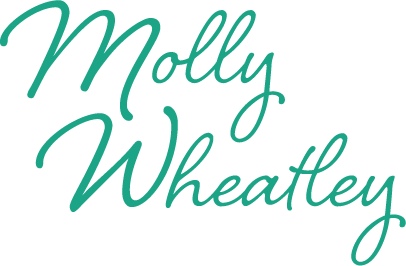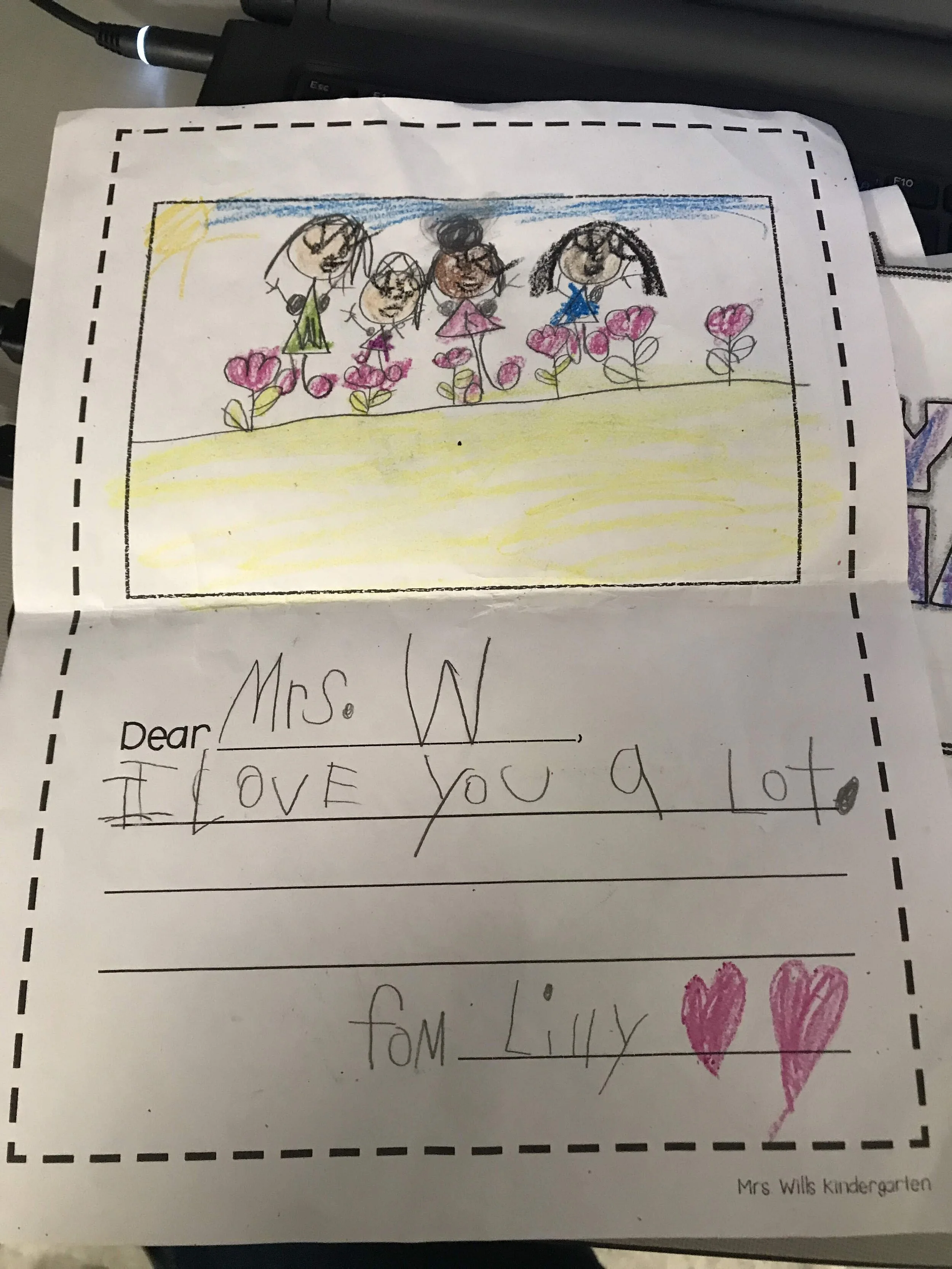Letter Identification Activities
Hey, friend. I’m so glad you’re back for more insights into school readiness and back to school tips and tricks.
Letter identification is arguably the bread and butter of kindergarten.
Before we can run, we must walk, right? Letter ID is the walking of learning to read.
Letter identification is a skill that involves being able to say the names of both upper and lower case letters of the alphabet quickly, without having to think very long about each letter.
In an ideal world, kindergartners would come to school having this skill.
Is it necessary? No. They’ll absolutely learn this skill in kindergarten.
One caveat: kindergartners who already know their letters and sounds, start reading faster than kids who don’t. This has been my experience as a kindergarten teacher for many years.
My students who have gone to preschool usually know letters really well by kindergarten and have either mastered letter sounds or are well on their way to mastery.
I’ve also worked with first and second graders who still struggle with letter identification which makes letter sounds difficult thus making learning to read difficult.
In my classroom and tutoring sessions, I make letter identification activities fun so my students want to practice and feel successful while practicing.
If you’re trying this at home as a parent, first figure out which upper and lowercase letters your child knows. Of course, you don’t want to go in alphabetical order because your child may have the ABC song memorized and this form of letter identification assessment won’t give you accurate results.
Just grab a piece of paper and jot down the letters they did/didn’t know. Start with uppercase letters. Preschools typically teach kids uppercase letters. You can check lowercase letters as well. Use these flashcards to make it easier for you and as a great way for your kiddo to practice letter ID at home.
Once you have a baseline for the letters your child knows, you can practice the letters they don’t know. I recommend doing a few letters at a time (no more than 10) while slipping in some letters they know. If they see letters they already know, this boosts their confidence.
You can get creative with letter identification activities, like using Play-Doh! You can have them roll out and shape letters. This is great for fine motor skills as well.
Practicing writing letters on handwriting paper is great too! As long as the activities stay fun, kids will be engaged.
If you’re a teacher, any of these activities make great literacy station ideas! Just remember to explicitly practice each station before sending kids off to do independent work.
Looking for more ways to foster independence in literacy stations while honoring student choice, download my FREE workbook which will give you 10 ways to transform your literacy block!
Letter identification is a key step to learning how to read. Be patient with your kids/students and you’ll be amazed at how far they come in just a few weeks time with practice.
What kind of letter identification activities have you tried? Comment below! Let me know if you’re a parent or teacher and what grade you teach.



